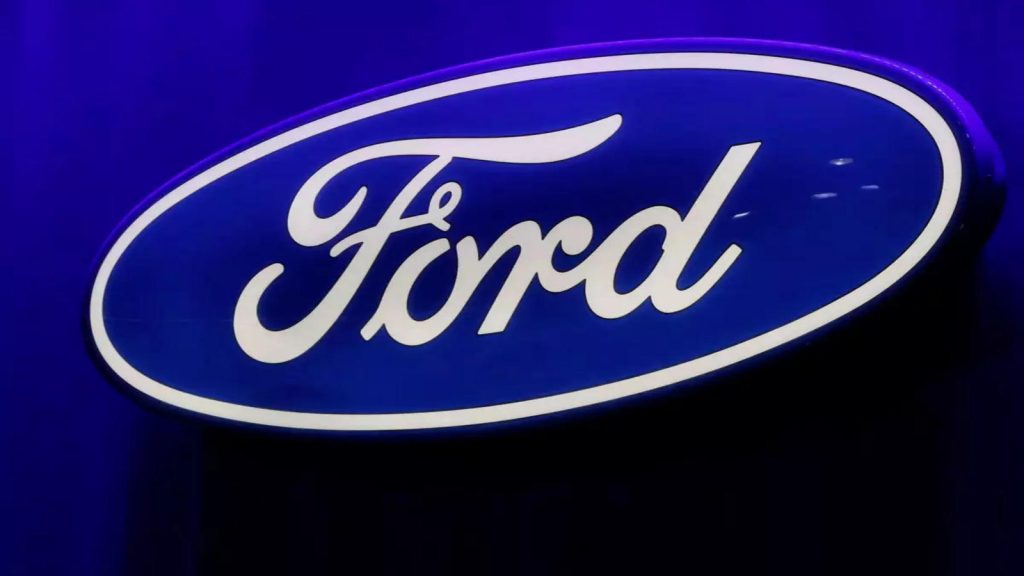Emboldened by rising enthusiasm and demand for its existing and future lineup of electric vehicles (EVs), Ford Motor (NYSE:F) announced an ambitious plan to build massive new EV facilities in Tennessee and Kentucky. The $11.4 bln price tag, which includes a $4.3 bln contribution from South Korea’s SK Innovation, represents the largest investment in EVs at any one time by a U.S.-based auto manufacturer. Based on the stock’s impressive relative strength, it’s clear that investors are fully onboard with this transformational development.
As part of Ford’s $30+ bln investment plan in EVs through 2025, the construction of these campuses will help the company achieve its goal of EV production reaching 40-50% of the total by 2030. The $5.6 bln facility in Tennessee, dubbed “Blue Oval City”, will house the production of an expanded lineup of electric F-Series vehicles. With reservations surging to 150,000 for the new all-electric F-150 Lightning as of mid-September, Ford has good reason to be optimistic about an electrified F-150 series in the future.
While the Tennessee campus will have its own battery plant, the bulk of Ford’s total battery production will derive from the $5.8 bln Blue Oval SK Battery Park in Kentucky, slated to open in 2025. On site will be twin battery plants that are intended to supply Ford’s North American assembly plants.
This game-changing announcement comes at a time when Ford and its rivals are still dealing with significant chip shortages. In fact, on September 1, CNBC reported that Ford once again cut production of its F-150 and Super Duty pickup trucks. However, the company has managed to navigate through the chip shortages and post solid financial results, primarily thanks to robust demand and higher pricing for its new SUVs (Bronco and Bronco Sport), F-Series trucks, and EVs. Within Ford’s August sales report, the company noted that EVs are bringing in new customers at a rate that is eight points higher than Ford’s overall conquest rate.
As consumer acceptance of EVs continues to climb, the new plants will help meet the rising demand. There’s another important aspect to Ford’s plan, though, that’s especially critical given the current supply chain disruptions. Specifically, the new battery plant will significantly lessen Ford’s dependence on importing batteries from Asia, providing the company with protection and security from future supply chain issues. Part of the longer-term strategy is to perpetually recycle EV batteries at the Kentucky plant, thereby eliminating all battery imports which rely on precious metals from foreign mines.





